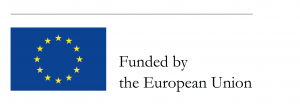Women empower women: these young indigenous women are ready to change to world
Worldwide, there are 250 to 300 million people counted among the indigenous peoples. They are minorities whose voices are not heard, and their rights are often violated.
This story was first posted on August 9th 2020.
Indigenous peoples, or Native peoples, are ethnic groups who are the original or earliest known inhabitants of an area before other groups arrived and settled down. The indigenous peoples often face conflict regarding their sovereignty, economic and social well-being and access to the resources on which their cultures depend.
August 9 marks the International Day of the World’s Indigenous Peoples to raise awareness and protect the rights of the world’s indigenous population. A moment we want to use to re-share the stories of some powerful young indigenous women from the Chittagong Hill Tracts in Bangladesh.
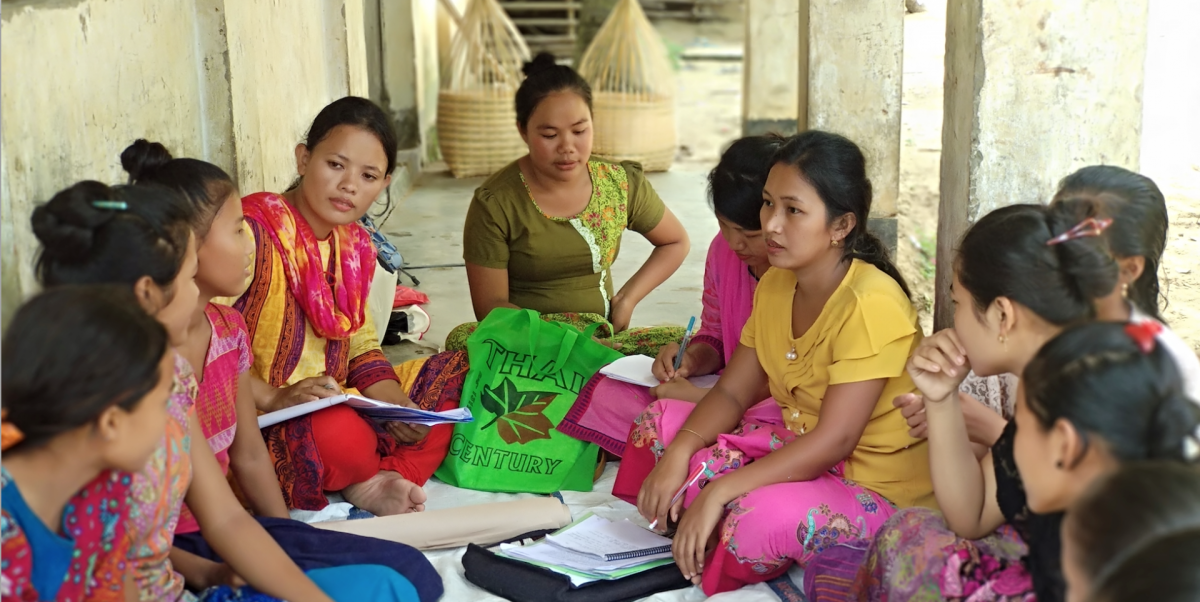
Tribes in Bangladesh
The Chittagong Hill Tracts (CHT), an area in Bangladesh, houses the indigenous Jummas (11 ethno-linguistically and religiously diverse people). There are various tribes in this area, such as the Chakma, Marma, Tripura, etc., who differ from the Bengali majority of Bangladesh in their language, culture, physical appearance, religion, dress and farming methods. The indigenous peoples in this area face discrimination, assault and violence by both Bangladeshi security forces and Bengali from other parts of the country.
Especially, women and girls in the Chittagong Hill Tracts often face great challenges and have a vulnerable position. Traditional patriarchal social structures in the area severely disadvantage women and girls and restrict their bodily and sexual autonomy. Together with the prolonged conflict between the Bengali and Jummas, this increases their exposure to sexual violence and assault.
Our Lives, Our Health, Our Futures
In the Our Lives, Our Health, Our Futures programme, funded by the European Union, we work towards more safety and health for girls in the CHT. Simavi is forming girls’ clubs in these communities. The aim is to create a safe space for the girls, where they come together and learn about their sexual health and reproductive rights (SRHR). The groups will be anywhere from 10-20 girls and they will have session run by a female mentor from the community.
As this month marks International Day of the World’s Indigenous Peoples, together with many other international organisations and actors worldwide, we highlight this day in order to raise awareness on their needs and rights. Below, we share the stories of a few of these powerful indigenous women, who are ready to change their lives and the lives of other girls in their communities.
Meet the mentors
These young women have completed our training and are now successfully running a girls' club.
May Kyanu Marma, 24 years, lives in the Marma community in Talukdar Para village
This is May Kyanu Marma. Currently, she is in the third year of her study in Bengali literature and in her free time she enjoys weaving. May belongs to the ‘Marma Community’ and she deeply cherishes their culture: “I celebrate the culture and festivals of my community with great love.”
Now, she is also to be trained as a mentor for the girl’s club in her community. “When I found out that a programme on adolescent girls and young women would operate in our area and there were opportunities to work as a mentor, I started dreaming. As an indigenous people we are often left behind and the reasons for this backwardness are deeply rooted in the society. This hurts me very much. My involvement in the programme will help me develop my personal skills and capacity in thematic areas, as well as raise awareness about sexual health. I can help to build a healthy life for the girls and women here.”
“My role as a mentor is to play a role in empowering and encouraging indigenous girls and young women in my area. To make them aware of their rights as a woman. In our society, there are many prejudices and stereotypes about women’s health care and menstruation, which are tied to the overall development of a women’s life. I believe we can sharpen the voices of girls and young women to assert their rights and empower them to make important decisions about their own body. Their voices need to be heard!”
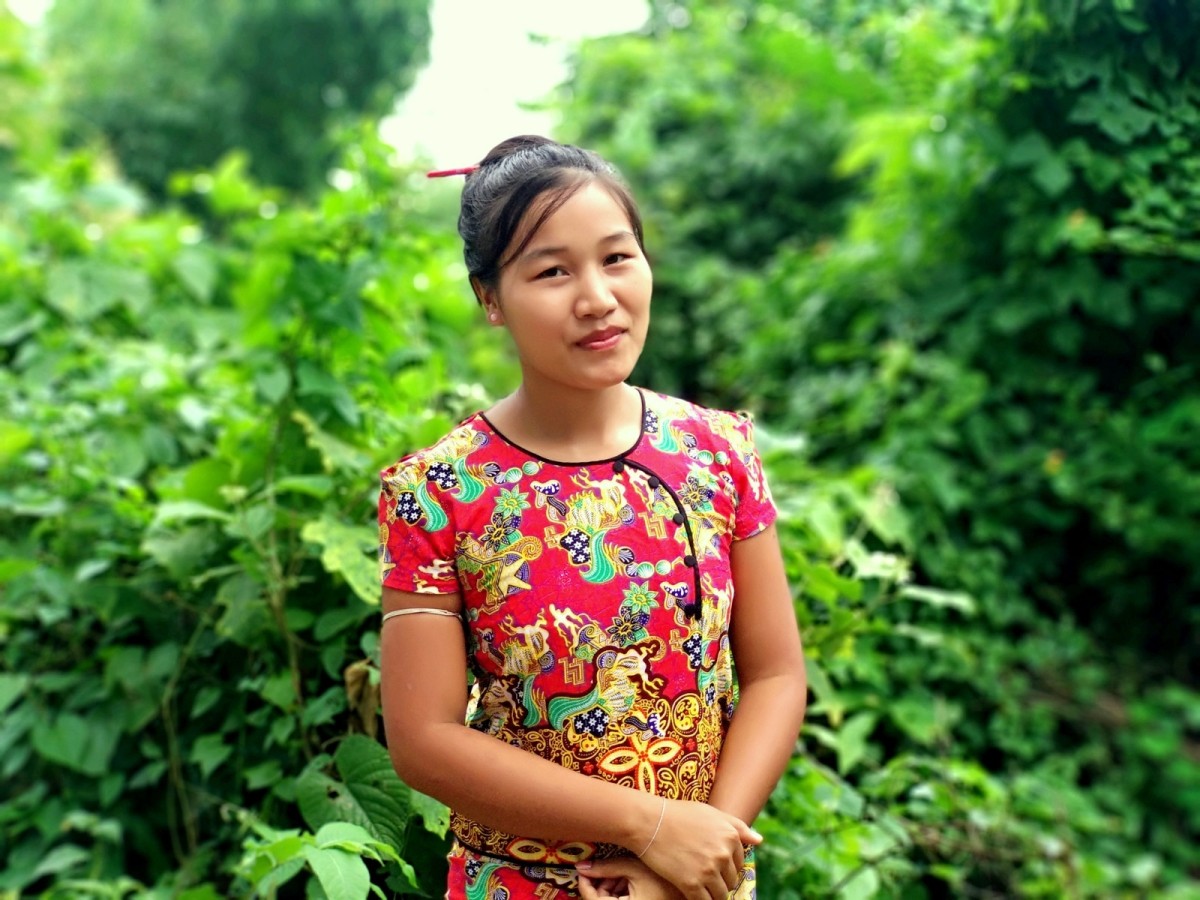
Painuching Chowdhury, 18 years, lives in the Marma Community in Tholi Para village
“In our tribe, people believe that girls are unclean during their menstruation. I want to show leaders in our society that this is not reality and that we can change this system.” Meet Painuching Chowdhury. She is only 18 years old and already trained to be a mentor for girls in her community. Just like May, she is also part of the Marma Community.
Painuching is proud to be part of this community, but she does think that some social taboos in their society are big obstacles for women and girls: “In our tribe, people believe that girls are unclean during their menstruation. They are not allowed to visit public spaces or even their own kitchen. I want to show leaders in our society that this is not reality and that we can change this system.”
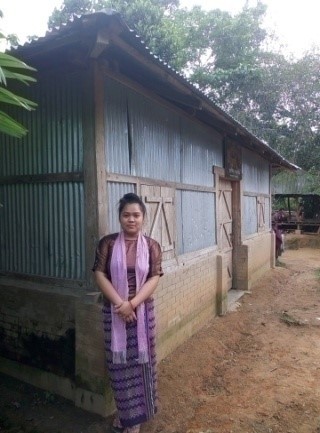
Paimraching Marma, 25 years, lives in the Marma community in the Khagrachari district
“Unity is strength.” – Words of Paimraching Marma. The coming years, she will be a mentor for girls in her community. In the future, she dreams of being a teacher. “I can proudly say that, in any kind of situation, my people always stand together united and face whatever challenges come along. Whenever any organisation comes to the village for any kind of meeting or discussion the village people sit together and discuss. This unity makes me very happy.”
“It is an opportunity for me to work for girls and women in my village. It will help me to get working experience as well. In our village, most of the girls and women cannot or hesitate to share their feelings and any kind of problems with their parents. I want to support them to overcome this problem. I also want to share with them information to make them aware of themselves and their bodies.
I want to encourage girls to solve their own problems, I want to support them to create a society free of discrimination, and I want to make positive changes in their lives. As a mentor in the coming years, I want to make our village free of early marriage. I want to encourage girls to solve their own problems, I want to support them to create a society free of discrimination, and I want to make positive changes in their lives.”
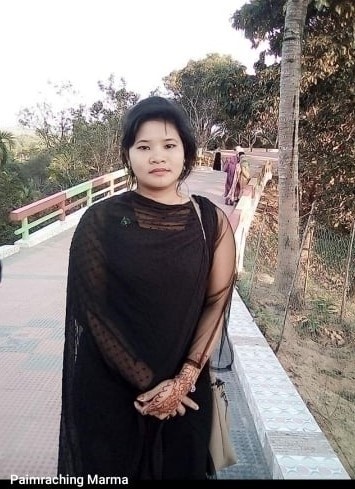
Karisma Tripura, 20 years, from the Tripura community in the Khagrachari district
This strong, young mentor is Karisma Tripura, 20 years old and from the Khagrachari district in the Chittagong Hill Tracts. Her goal for her career: working for an NGO and work for the underprivileged. She wants to help people become more self-dependent and involve people in development activities.
Now, she is trained to be one of the girls’ club mentors. “I want to become a mentor to broaden my own knowledge and support and raise awareness among the young women and girls of the village. I can develop my skills, and I will get working experience in the development field, which may help me to go forward. In the coming years, I hope to be more competent to play my role as a mentor.
Then, as a mentor, I want to support the girls and women to be able to take their own decision I hope they will be able to differentiate good and bad, and most importantly they will become self-dependent.”
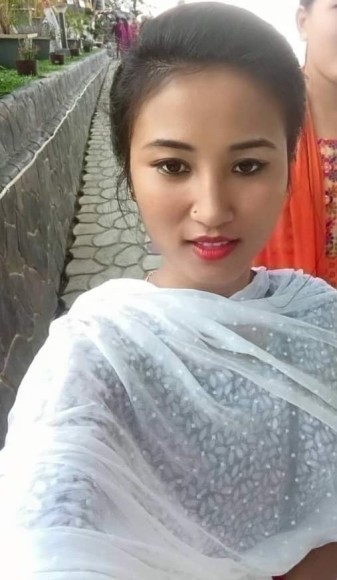
Suparna Chakma, 29 years, lives in the Chakma community in the Khagrachari district
Get to know Suparna Chakma, married and she has a child of 12 years old. Suparna belongs to the Chakma community living in the Chittagong Hill Tracts. By mentoring other women, she hopes she can help them with similar difficulties she experienced. Also, this role will help her understand more about menstrual health management, and sexual rights and health.
“I can now assist women and girls. I can assist them in solving difficulties by communicating with local health service providers. Also, I can raise awareness on gender-based violence issues, as everyone wants to live with dignity and safety. I want to work hard to be self-dependent and be confident to make my own decisions.”
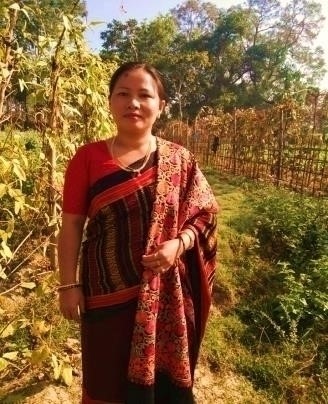
Rupali Chakma, 18 years, lives in the Chakma community in the Rangamati Hill Tract
Another change maker is Rupali Chakma. She deeply cherishes her culture, and she is proud to belong to the Chakma community. She loves their traditional habits, traditions, festivals and food. At the same time, she wants to change the traditional social structures and beliefs which disadvantage women and girls.
“In my opinion, indigenous girls and women are deprived of many things and we are often lagging behind in terms of knowledge about certain topics. In our society, girls face a lot of problems and there are still so many taboos. It is difficult to get access to information about your sexuality, health, body, menstruation or your rights as a woman. This can lead to, for example, health problems, discrimination or violence.”
“Therefore, I am happy to gain knowledge about these areas and pass these on to others. I want to help other girls to know their rights and feel confident to speak up. I want to change my society and break the taboos.”
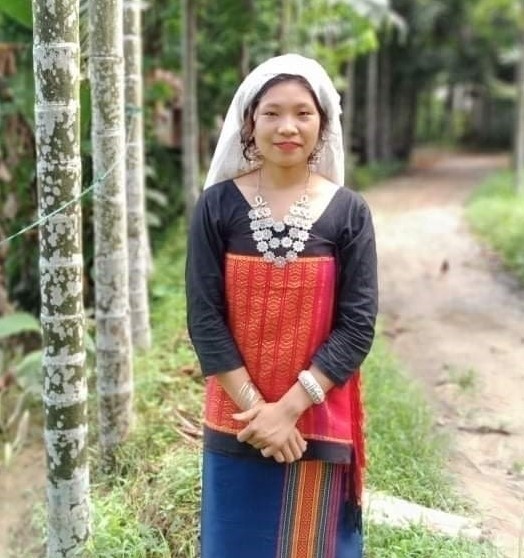
Making impact: actual lasting change
Simavi, together with local partner BNPS, started these activities in 2019 and the programme will run for 5 years. We aim to reach 12,000 young women and girls, 12,000 mothers, 24,000 men and boys. By opening the conversation, breaking taboos and stereotypes, and empower these women and girls to feel confident and to make their own decisions, we hope to make a real impact in their lives. To see actual lasting and positive change: for these powerful women and their societies.
